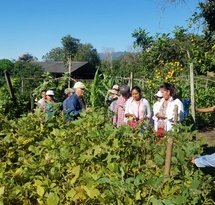
The lion's share of public budgets for climate, agriculture and development still goes to conventional agroindustrial projects that contribute to the current climate, food and biodiversity crises. Both ENDS and our partners are calling for a transition to agroecological practices that are people- and environment-friendly.
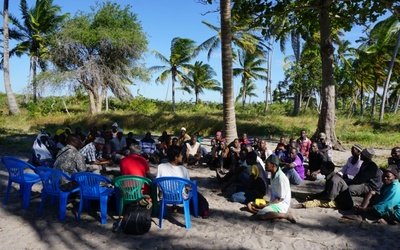
Amsterdam, 19 May 2021 – On 25 March, a day after violent attacks in northern Mozambique, the Dutch state decided to provide dredging company Van Oord with export credit insurance worth 900 million euros for its activities in the country. The company is conducting dredging operations for a highly controversial gas project that, according to Mozambican interest groups, is playing a prominent role in the escalating violence in the region. Civil society organisations Both ENDS, Milieudefensie and Oil Change International and their Mozambican partners are alarmed about the situation and have called the Dutch government and Dutch export credit agency Atradius DSB to account.
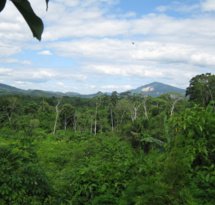
Recently, Dutch media covered the publication of a new report, issued by WWF, stating the big role the Netherlands still has in global deforestation, mainly due to our soy and palm oil imports. To counter this alarming message, Paul Wolvekamp and Tamara Mohr wrote an op-ed about the possibilities the Netherlands has to change the tide, which was published in Dutch on the website Joop.nl. Below, you find the English translation.
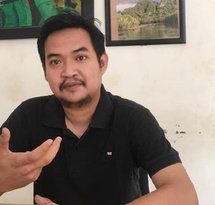
At the end of November, the organisations WALHI South Sulawesi (part of Friends of the Earth) and Both ENDS filed a formal complaint with the Dutch export credit agency Atradius DSB. Despite the warnings from local communities for the negative consequences of a land reclamation project in the bay of Makassar, Atradius DSB advised the Dutch government to provide dredging company Boskalis with insurance for the execution of the project. The consequences for the fish stock, the beach and the lives of thousands of small-scale fishing communities are severe. Atradius DSB has not sufficiently investigated these harmful consequences beforehand.
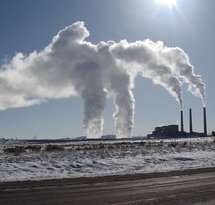
Last June, after months of negotiations in five different 'climate roundtables', the Dutch government presented its Climate Agreement . Negotiations had taken place in a roundtable for 'industry', for 'built environment', for 'electricity', 'mobility' and for 'agriculture and land use'. Climate measures that the Netherlands can take within its borders are pretty much covered by these climate roundtables. But the Netherlands also has a huge climate footprint outside its borders. It seems we have forgotten about the 'International' Climate Roundtable.
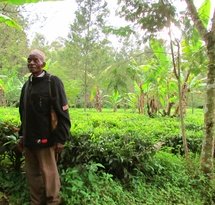
If the Netherlands wants to make its agriculture and livestock industry sustainable and to ensure that farmers get a fair price for their products, it will also have to look beyond its own borders. The Netherlands is the world's second largest exporter of agricultural products. We have a great impact because, through our trade relations, we uphold a system of intensive agriculture that destroys ecosystems and undermines local production. Partly due to our trade in agricultural products, the Dutch economy is has a large, and growing, footprint. That should and can be different: the Netherlands is in a good position to lead the required transition in agriculture. Fortunately, the party manifestos for the coming elections offer sufficient opportunities to set that in motion. A new coalition can thus take decisive new steps.
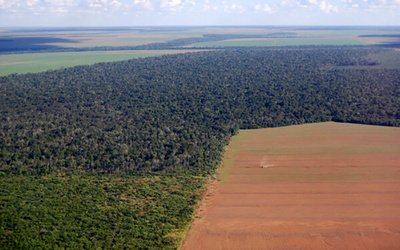
Elections are soon to be held in the Netherlands. The political parties are sharpening their knives and have outlined their plans in hefty manifestos. Not surprisingly, they mainly focus on domestic issues. International themes are primarily addressed in terms of opportunities for Dutch companies and threats in areas like health, privacy and competition that we need to protect ourselves against. But if we want to make the Netherlands sustainable, we especially need to look at our footprint beyond our own borders and make every effort to reduce it. In the weeks leading up to the elections, Both ENDS looks at where the parties' manifestos offer opportunities to achieve that.
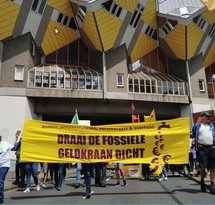
Authors note rectification 13 April 2023
Most Dutch pension funds and their asset managers do not vote consistently in favour of climate resolutions at the oil and gas companies and banks in which they invest. That is the conclusion of a report published today by Both ENDS and Groen Pensioen. Eleven of the twelve* Dutch pension funds studied have made public statements and pledges about adapting their policies in line with the Paris Climate Agreement. But their voting behaviour does not sufficiently correspond with these pledges. Only pension fund PME votes for 100% in line with its own climate promises.
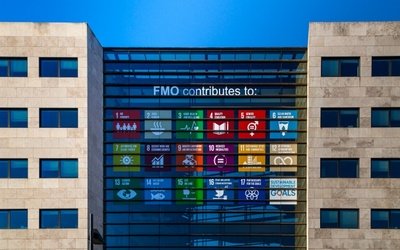
In a new Position Statement on Financial Intermediary (FI) Lending, Dutch development bank FMO argues for limited responsibility over the outcomes investments that are channeled through commercial banks, investment funds, and other financial intermediaries, representing by far the bigger sector of its portfolio. In doing so, FMO is undermining its development mission, including the protection of human rights and addressing the climate crisis. FMO intends to delegate these key responsibilities to its FI clients only, falling short of best practices of peer financial institutions. In a joint submission prepared by Both ENDS, Oxfam Novib, Recourse and SOMO, we argue that FMO can do much more to ensure the protection of human rights, the environment, and to measure the development impact of its indirect investments.